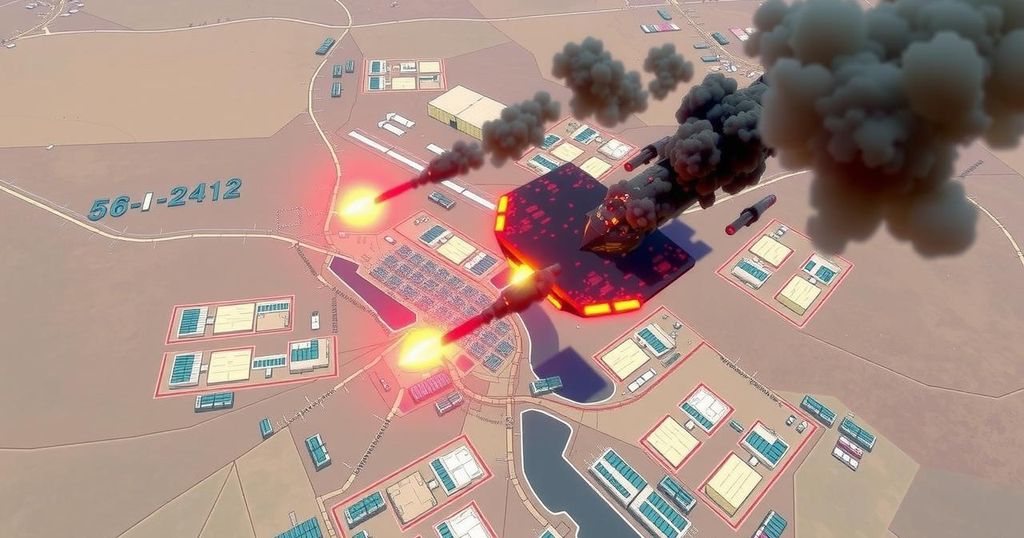Negotiations for a Gaza ceasefire are reportedly at a critical stage, following indirect discussions mediated by international actors. There is cautious optimism from Washington regarding a potential agreement to facilitate a ceasefire and the phased release of hostages. Challenges remain, particularly regarding military presence and governance post-war, with the return of refugees and the role of Hamas being central issues.
As negotiations for a ceasefire in Gaza continue, recent indirect discussions mediated by Qatar, Egypt, and the United States have fueled cautious optimism for a potential agreement. Washington’s position on the ongoing talks has been bolstered by US President-elect Donald Trump’s call for a resolution before he takes office again on January 20. Particularly, Hamas appears eager to finalize a deal before the year’s end, citing its weakened alliances and facing pressure from leadership dynamics after the death of its chief, Yahya Sinwar.
The ongoing discussion focuses on a proposed agreement that encompasses a ceasefire and the phased release of hostages held by Hamas since their October 7, 2023, attack. The preliminary phase would involve the release of female soldiers and Israeli civilians in exchange for a substantial number of Palestinian prisoners, contingent upon Israeli military withdrawals from certain border regions and a monitored return of displaced residents. Subsequent phases are designed to facilitate the release of male soldiers and culminate in an official end to hostilities.
However, significant challenges remain, particularly regarding Israel’s military presence in the Philadelphi Corridor and the governance of post-war Gaza, as Israel has made it clear that Hamas will not be permitted to govern the region again. The complexities of the negotiations reflect broader geopolitical dynamics and the precarious state of peace efforts in this conflict-ridden area. Despite this, the commitment of various international actors to support the agreement’s implementation may play a crucial role in moving forward.
The ongoing conflict between Israel and Hamas has escalated since the October 2023 attacks, leading to a humanitarian crisis and an urgent need for a ceasefire agreement. Diplomatic efforts involving major regional players such as Qatar and Egypt have surfaced amid increased international scrutiny and pressures for resolution. Hostage situations, military strategies, and the political landscape within both Israeli and Palestinian spheres are crucial factors complicating peace talks. The potential reintegration of Gaza governance also remains a contentious issue that must be addressed for any long-term solutions to take hold.
In summary, while recent negotiations appear promising, the path to a Gaza ceasefire remains fraught with complexities and concerns regarding military presence and governance. The unique dynamics involving Hamas’s leadership and regional allies may influence the negotiations significantly. As parties work towards a framework that could bring reprieve to a war-torn area, the role of international players will be vital in ensuring both execution and maintenance of any potential agreement.
Original Source: www.arabnews.com







